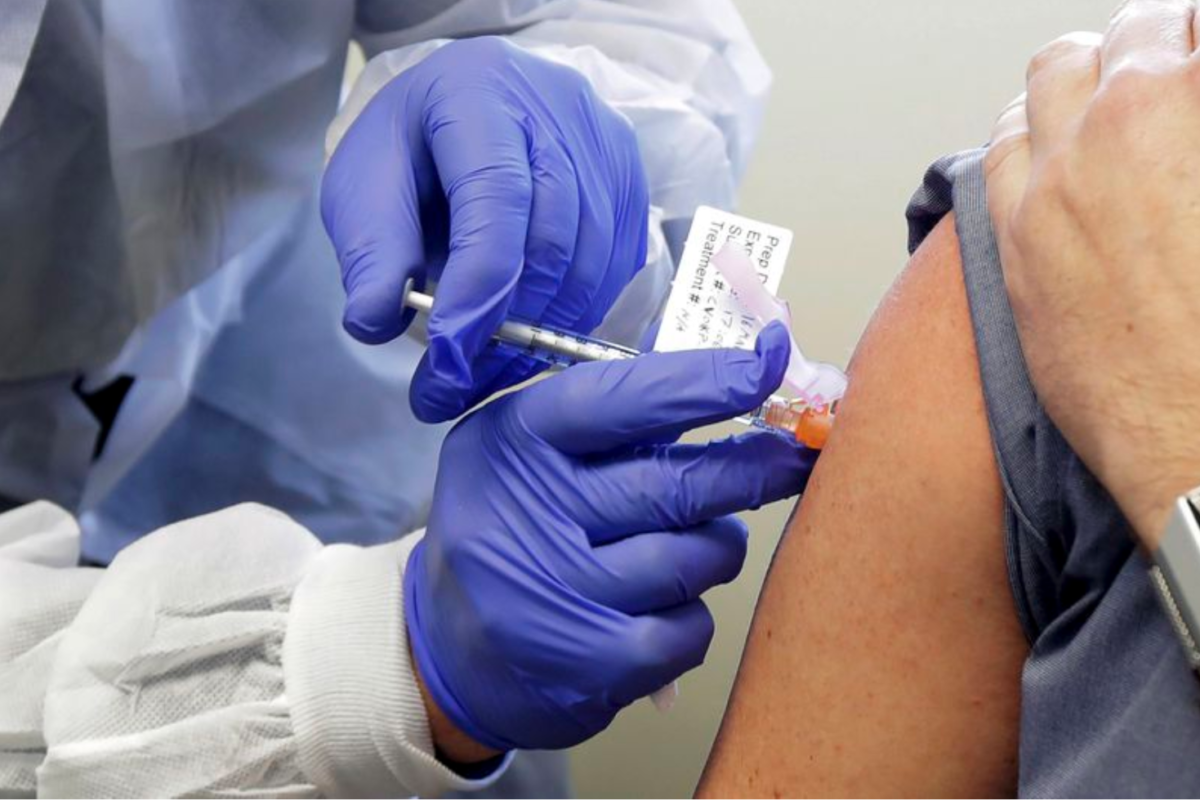On July 16th, the Hartford Courant published a letter to the editor by Merith Basey, the Executive Director for UAEM North America and one of our leads at the Free The Vaccine campaign, in which she responds to a June 28th op-ed by Jon Soderstrom—head of technology transfer at Yale. The op-ed had argued for strong intellectual property rights during the pandemic, citing and skewing UAEM’s origin story in the process. As Merith writes:
When Soderstrom highlights the story from 2001 of a Yale-invented AIDS drug for which Bristol-Myers Squibb, a major pharmaceutical corporation, chose to “lower the price,” he omitted a critical piece in the plot development: a group of Yale students, in conjunction with allies were a driving force behind this lowered price.
Twenty years later, this fight for health equity and justice continues via Universities Allied for Essential Medicines not just on the Yale campus but at universities across more than 20 countries, to ensure that publicly funded medicines are affordable to the public, including those for COVID-19. People are beginning to recognize, in light of the pandemic, that the patent system is outdated and is a cause of the high price of medicines and inequality worldwide. While researchers at leading institutions around the world are racing to develop targeted COVID-19 diagnostics, therapeutics, and vaccines, they are doing so with public, taxpayer funds. An estimated $6 billion dollars worldwide has been spent to date. However, unless universities patent and license these public innovations in a socially responsible manner there will be no guarantee that they will be sustainably priced, available to everyone, or free at the point of delivery, which is what we need to curb the pandemic.

